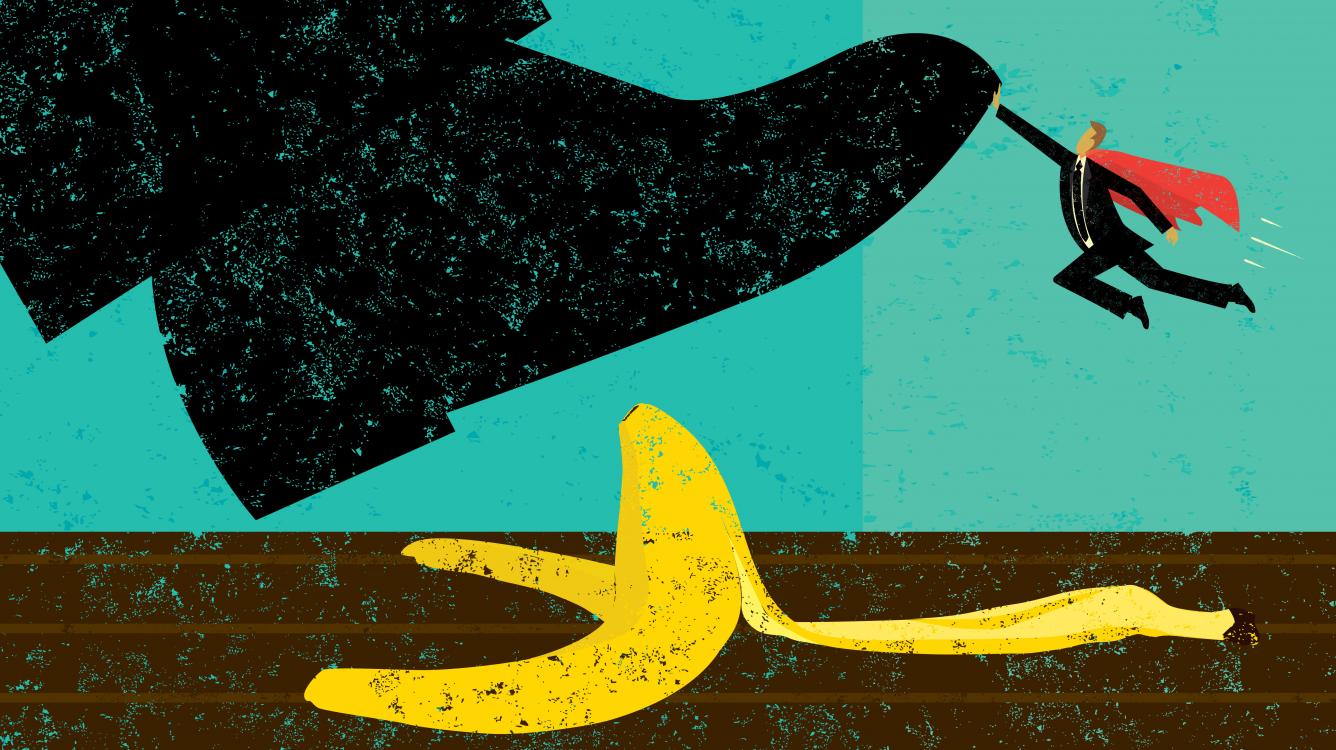
3 Tips To Avoid Blunders
Blundering in chess is one of the worst feelings that we experience while playing the royal game. A well-played strategic masterpiece can be completely spoiled with a single careless move.
Anyone, including the very best players in the world, can blunder in any game. Here are three tips to help you avoid those game-changing blunders:
- Before moving, do a "tactics check". Once you have decided on the move you want to play, visualize it being played on the board. Check to see if your opponent has any immediate resources or forcing moves. Look at all possible checks, captures, and direct attacks against your pieces. This last-second glance should keep you from missing any simple tactics/hanging pieces.
- Find "the threat" behind your opponent's move. Most chess players make moves with some idea behind them. As soon as your opponent makes a move, try to deduce the meaning of his/her move. You'll often find various potential threats created by the last move that you otherwise may not have noticed. Learn to do this on each and every turn. Eventually you'll miss very few of your opponent's tactics.
- Make as few assumptions as possible. Making assumptions during a game of chess can restrict a player's thinking and cause them to mis-evaluate the position at hand. Typical assumptions include thoughts like "Black has no attack on the kingside.", or "My space advantage should prove strong." Such statements are often made without investigating the concrete details of the position. Assumptions often turn out to be wrong and lead a player to blunder because they have overestimated their position and not taken their opponent seriously.
Hopefully, putting these tips into practice will help you reduce the blunders in your games. Of course, it is virtually impossible to eradicate blunders from our play completely, but a little bit of effort does go a long way!
You can practice these tips with oodles of live chess games. Also, be sure to check out the Blunder of the Week on ChessCenter.






